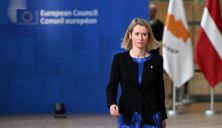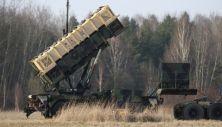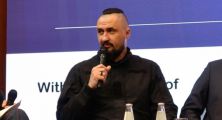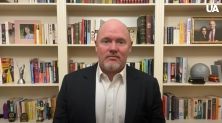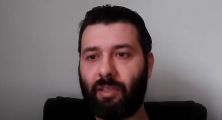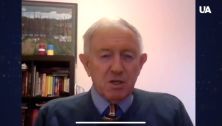The new EU foreign policy chief, Kaja Kallas, believes that billions of Russian state funds frozen in the EU should be used to aid Ukraine.
In an interview with The Guardian, Kallas stated that Ukraine has legitimate claims for compensation and that Russian assets held in the EU serve as “leverage against Russia.”
Despite acknowledging the sensitivity of the issue, she expressed confidence that “one day we will get there.” Kallas suggested that these funds could help cover the cost of “all the damage Russia has caused Ukraine.”
“Better a bird in the hand than two in the bush. We have this little bird in our hand [the frozen assets], and it’s a tool to pressure Russia,” she explained.
Kallas also emphasized the need for Europe to strengthen its support for Ukraine, especially if the U.S. reduces its funding. She underscored that financial assistance to Ukraine “is not charity” but aligns with the interests of both Europe and the United States.
“If [the U.S.] cuts aid, we must continue supporting Ukraine because I worry about what happens if Russia wins. I think we will face more wars, bigger wars,” Kallas warned.
She described aid to Ukraine as an “investment” in European and global security. She highlighted this point in the context of North Korean military involvement in Ukraine and Chinese military exercises in the South China Sea, adding, “China is also learning from what Russia is doing.”
It’s worth noting that the U.S. Treasury announced on December 10 a $20 billion allocation for Ukraine as part of the G7 initiative to utilize frozen Russian assets.
Under the G7 plan, each member state commits to ensuring financial support for Ukraine. For example, the European Union will provide €18.1 billion in macro-financial aid sourced from frozen Russian assets.
The EU clarified that the funds would be disbursed in equal monthly installments throughout 2025 and could also be allocated for defense purposes.
Read also: DPRK troops remain in Kursk region, ready to engage in combat – Pentagon


